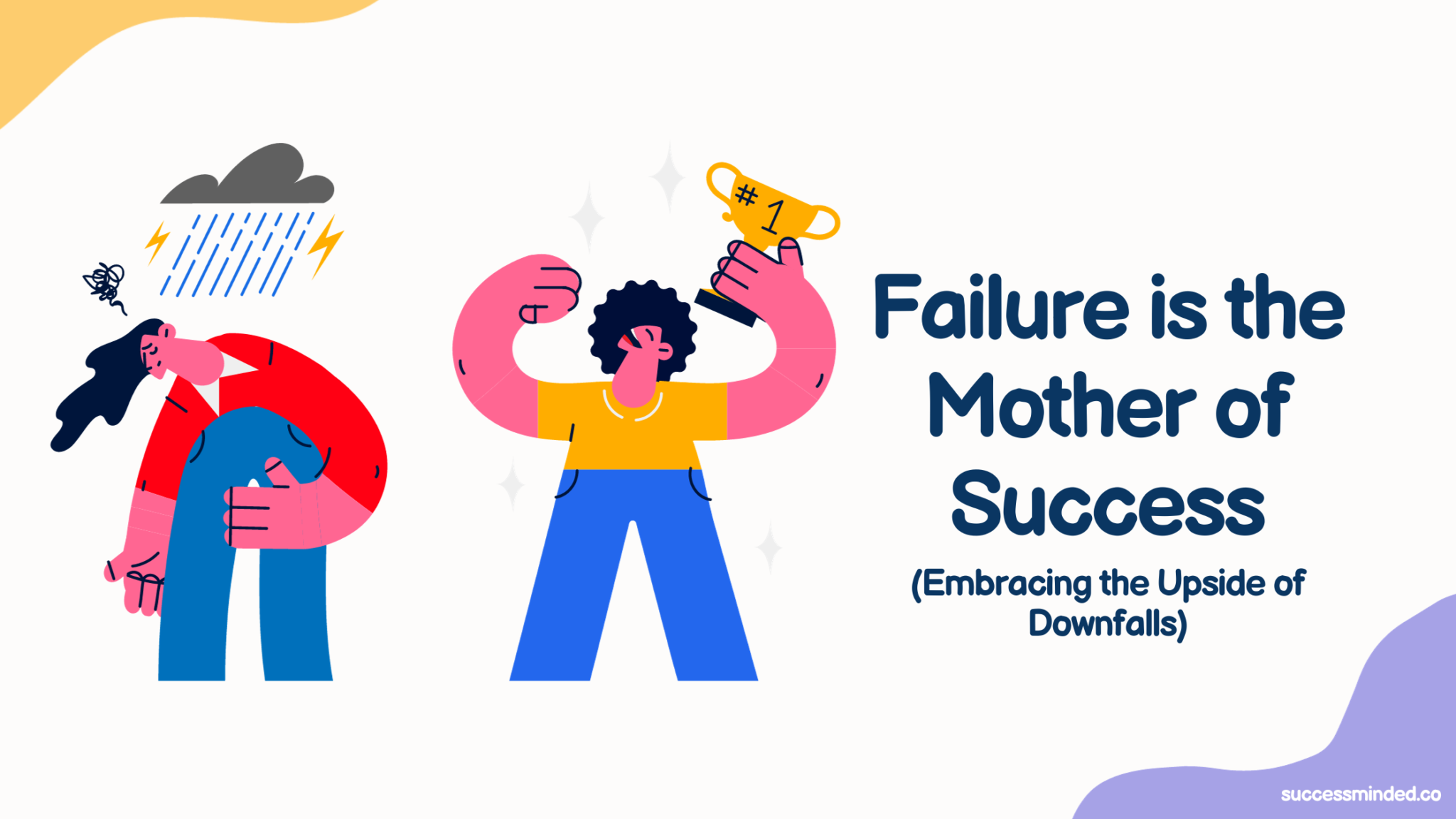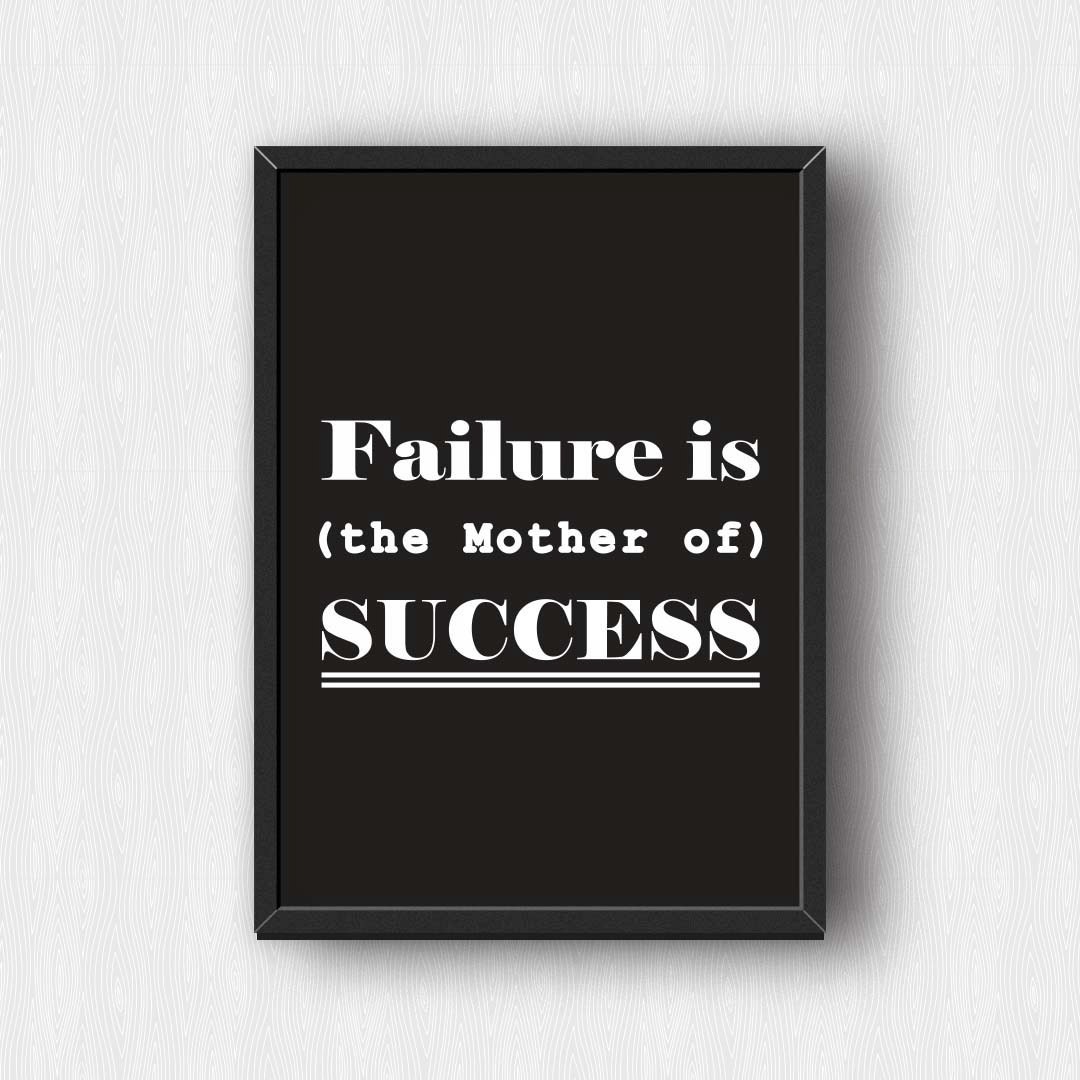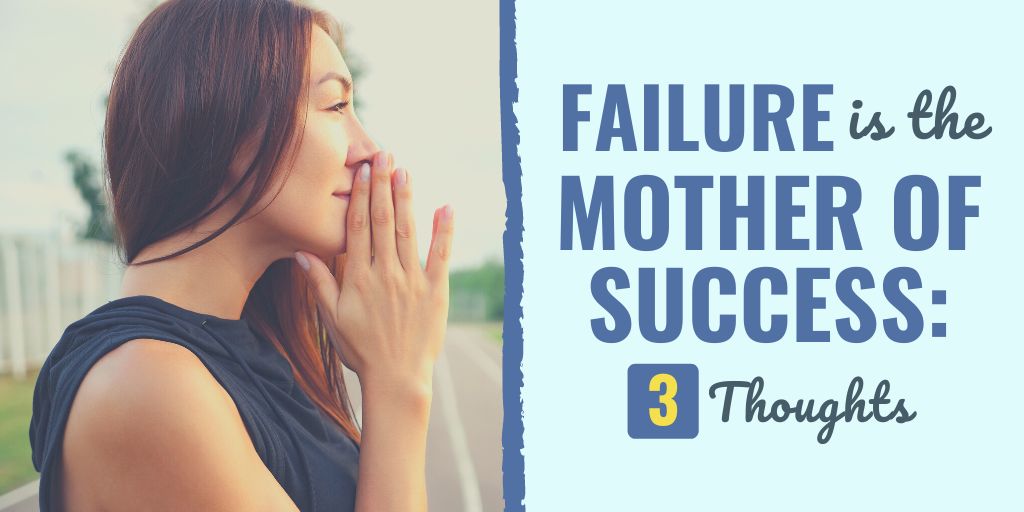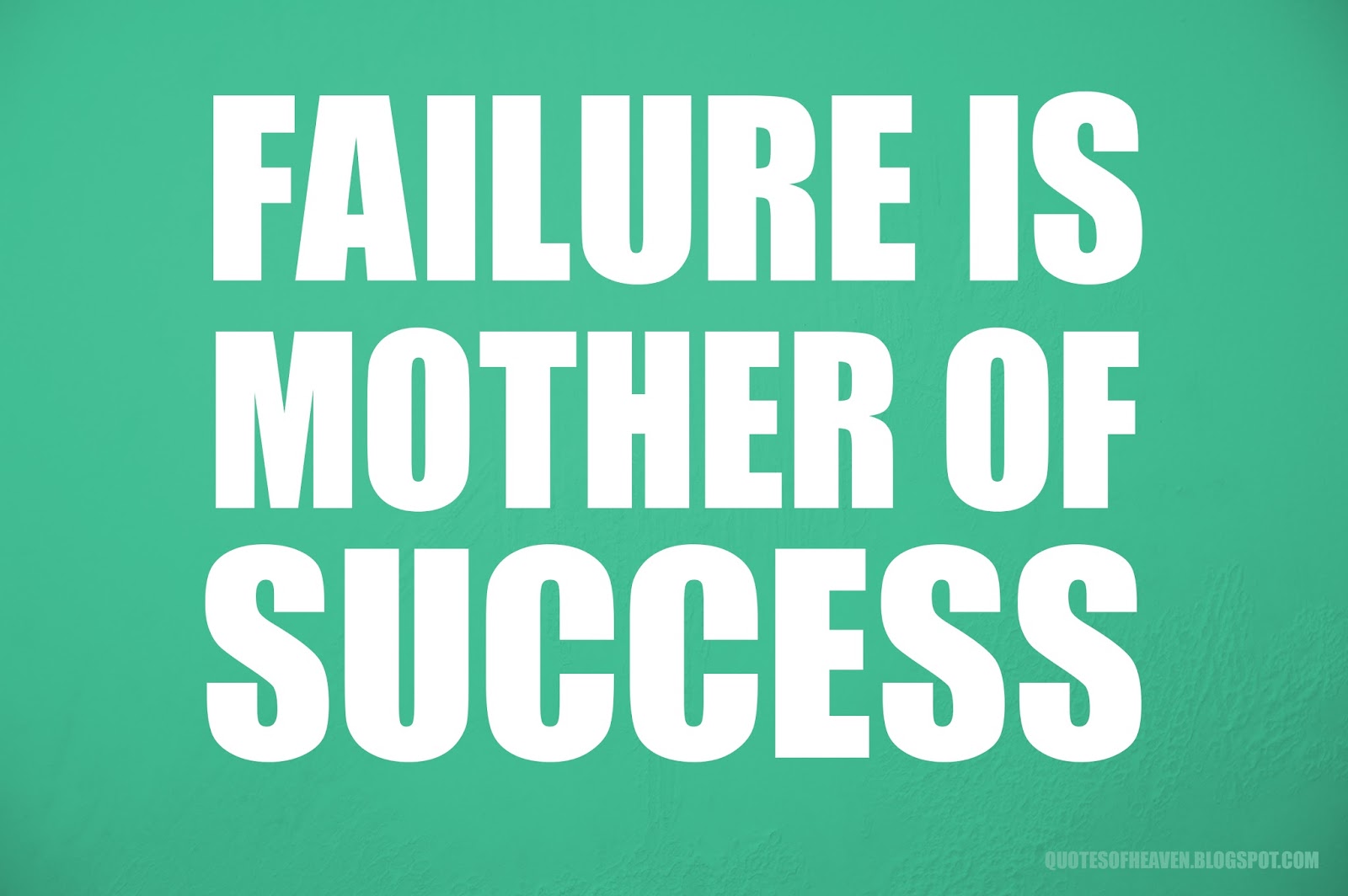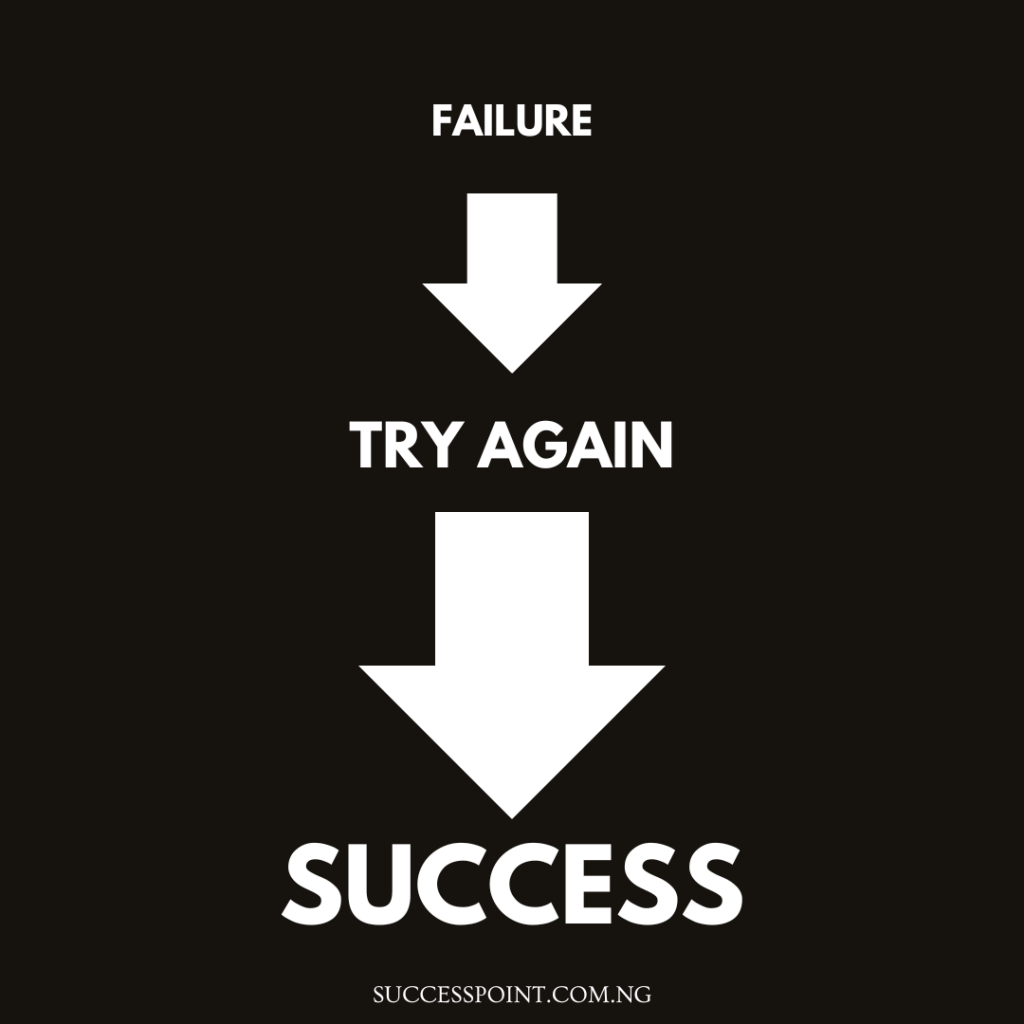Failure Is The Mother Of Success Proverb

Countless individuals across history, from inventors to entrepreneurs, have stumbled, fallen, and risen again, proving that setbacks are not roadblocks but stepping stones. Their journeys, often fraught with repeated failures, underscore a fundamental truth: failure is, indeed, the mother of success.
This isn't just a feel-good adage; it's a practical guide to navigating life's inevitable challenges. The core idea is that each failure offers invaluable lessons and insights that pave the way for future triumphs.
The Edison Example: Persistence Through Perceived Failure
Thomas Edison, the inventor of the light bulb, is perhaps the most iconic embodiment of this proverb. His legendary persistence is well-documented: he reportedly experimented with thousands of different materials before finding the right filament for his incandescent lamp.
When questioned about his numerous failed attempts, Edison famously stated, "I have not failed. I've just found 10,000 ways that won't work." This mindset reframed failure not as defeat, but as data.
Beyond Invention: Entrepreneurial Resilience
The business world is replete with stories of individuals who faced early setbacks before achieving monumental success. Jack Ma, the founder of Alibaba, was rejected from dozens of jobs, including one at KFC, before launching his e-commerce empire.
His early failures instilled in him a deep understanding of resilience and the importance of adapting to market demands. He learned valuable lessons about customer needs and operational efficiency.
The Science Behind the Saying
Psychological research supports the notion that failure can be a powerful catalyst for growth. Studies have shown that individuals who embrace a "growth mindset," believing that abilities can be developed through dedication and hard work, are more likely to learn from failures and persist in the face of adversity.
Dr. Carol Dweck, a renowned psychologist at Stanford University, has extensively researched the impact of mindset on achievement. Her work demonstrates that focusing on the learning process, rather than innate talent, fosters resilience and a willingness to embrace challenges.
The High Cost of Avoiding Failure
The fear of failure can be paralyzing, leading to missed opportunities and stunted growth. Aversion to risk-taking, often driven by the desire to avoid potential setbacks, can stifle innovation and prevent individuals from reaching their full potential.
Cultivating a healthy relationship with failure involves reframing it as a learning experience. It allows us to see the value in mistakes.
Learning from Failure: Key Steps
To harness the power of failure, it's essential to adopt a structured approach to learning from setbacks. This includes analyzing what went wrong, identifying the root causes of the failure, and developing strategies to prevent similar mistakes in the future.
Documenting lessons learned and sharing them with others can also contribute to a culture of continuous improvement. Regularly reflect on our experiences to better ourselves and our organizations.
Moving Forward: Embracing the Inevitable
The key takeaway is that failure is not the opposite of success; it's an integral part of the journey. By embracing failure as a learning opportunity and cultivating resilience, individuals can unlock their full potential and achieve remarkable things.
Continuing to study successful individuals and understand their paths, including their missteps, will offer further insights into navigating the path to success. Remember, the greatest achievements often arise from the ashes of past failures.
